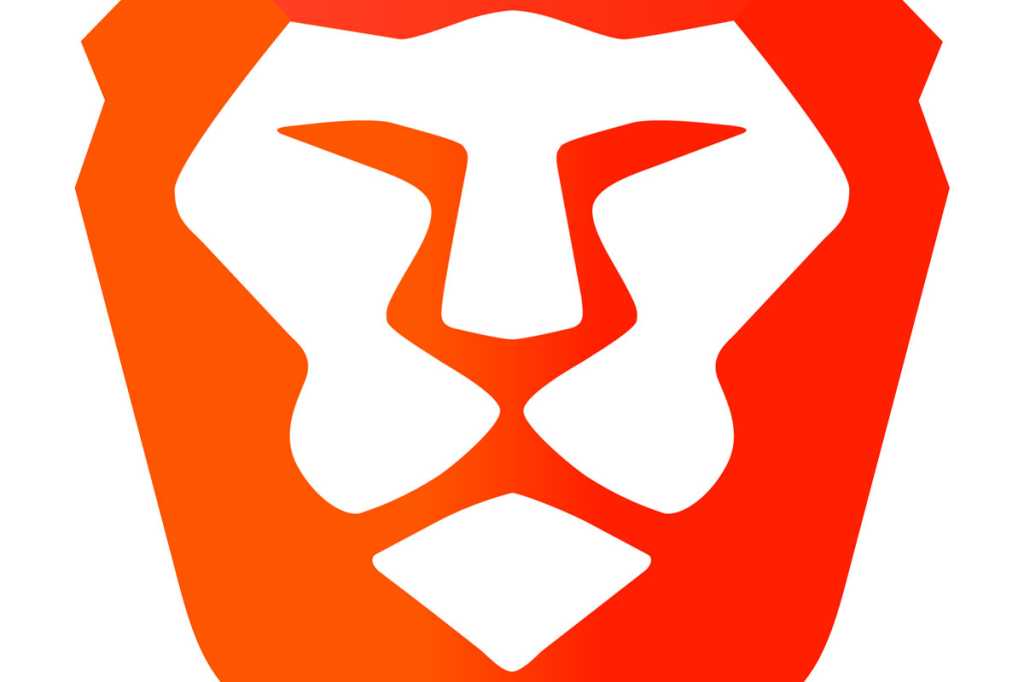In a significant move focused on enhancing user privacy, the Brave browser has announced that it will block Microsoft’s Recall feature by default starting with version 1.81. Recall is a tool designed to capture and archive snapshots of your Windows environment, which can then be used to retrieve information shared in various applications like chat tools or documents. However, the function has drawn scrutiny due to rising concerns over privacy and data protection, particularly as it is intertwined with Windows Hello, which adds another layer of security but also potential vulnerability.
The Privacy Concerns Surrounding Microsoft Recall
Microsoft Recall aims to streamline user experience by keeping track of various activities across applications. Despite its utility, experts have voiced concerns regarding its implications for user privacy. As noted by PCWorld, the tool’s ability to log interactions could potentially lead to misuse, especially in scenarios involving sensitive data or vulnerable individuals. This situation raises alarms for many who value their online privacy and security.
The Brave browser has been a staunch advocate of user privacy, which is reflected in its decision to actively block Recall. The official blog post from Brave highlights, “Given Brave’s focus on privacy-maximizing defaults and what is at stake here (your entire browsing history), we have proactively disabled Recall for all Brave tabs.” By default, Brave will ensure that browsing activities remain untouched by Recall’s snapshot capability, thereby reducing the risks associated with data retention.
Technical Measures and User Flexibility
Brave’s implementation of blocking Recall is commendable for its proactive stance. However, users still retain control. The browser allows users to toggle the Recall feature on or off in the settings menu, which offers flexibility for those who may wish to utilize the functionality while acknowledging the associated risks.
Microsoft has attempted to address these privacy concerns by tightening the functionality of Recall, pairing it with security measures such as BitLocker to manage sensitive data. However, a critical aspect remains: Recall is still in its preview phase, which means its final version may present changes that aren’t entirely transparent to users at this point. The Brave blog post mentions the uncertainty surrounding the complete rollout of Recall, adding another layer of concern for users.
Additionally, the history of recent developments indicates a growing awareness of data privacy among software developers and users alike. For instance, the communication platform Signal has also taken steps to block Recall’s features using its own security measures, marking a broader trend toward prioritizing data protection.
Options Beyond Brave: Controlling Recall Yourself
While Brave’s decision to block Microsoft Recall is a significant step for privacy-focused users, it’s essential to know that you do not necessarily need to use Brave to protect your data. Users can manually adjust settings in Microsoft Recall to reduce its data collection. Recall provides options for excluding specific applications from being recorded, allowing users to prevent certain browsers, like Google Chrome, from being captured in snapshots. This capability underscores the importance of user agency, empowering individuals to manage their data actively.
- Users can disable Recall entirely from their settings.
- Recall allows for specific apps to be excluded from snapshot capture.
- Websites browsed in private mode are explicitly excluded from Recall’s snapshots.
While not perfectly aligned with Brave’s default privacy measures, there are steps users can take within Microsoft’s ecosystem to safeguard their data. Still, the fact that Brave takes this initiative to block Recall demonstrates a strong commitment to privacy and user empowerment in a digital landscape that often prioritizes data collection over user consent.
Market Response and Future Implications
The market reaction to Brave’s decision has been largely positive, as privacy concerns continue to escalate in the tech world. The moves made by both Brave and competitors like Signal signal a paradigm shift toward prioritizing user privacy in software development. As noted in a recent survey conducted by Statista, 71% of users expressed heightened concern about their online privacy, further validating Brave’s position in its market strategy. As privacy becomes an increasingly vital aspect of digital interactions, it’s likely that more developers will adopt similar measures, leading to enhanced security features across browsers and applications.
Overall, Brave’s proactive blocking of Microsoft Recall sends a clear message about the importance of safeguarding user data in an era of increasing surveillance technology. It not only positions Brave as a leader in the privacy-centric browser market but also encourages users to remain vigilant about their online activities and to take control of their own digital footprints.

